Buying a home can feel out of reach for many first-time buyers — especially when it comes to saving for a large down payment or meeting strict credit requirements. That’s where an FHA loan can make a big difference.
Backed by the Federal Housing Administration (FHA), these loans are designed to make homeownership more accessible by offering flexible credit standards, lower down payment options, and competitive interest rates. Here’s what you need to know about how they work and who they’re best for.
What Is an FHA Loan?
An FHA loan is a government-insured mortgage offered by FHA-approved lenders. While the FHA doesn’t lend money directly, it guarantees the loan — meaning if a borrower defaults, the lender is protected. This government backing allows lenders to offer loans to buyers who might not qualify for conventional financing.
Key Benefits of an FHA Loan
Low Down Payment Requirements
You can buy a home with as little as 3.5% down if your credit score is 580 or higher.
Flexible Credit Guidelines
FHA loans are ideal for borrowers with limited or less-than-perfect credit histories. Lenders may consider alternative credit data, such as rent or utility payment records, to evaluate your reliability.
Competitive Interest Rates
Because these loans are insured by the federal government, lenders can often offer lower interest rates compared to some conventional options.
Assumable Loans
FHA loans are assumable, meaning if you sell your home, the buyer can take over your existing FHA loan — potentially at a lower rate than current market rates.
FHA Loan Requirements
While FHA loans are easier to qualify for, there are still a few key requirements to keep in mind:
- Credit Score: Minimum of 580 for 3.5% down
- Debt-to-Income Ratio (DTI): Typically capped around 43%, though some lenders may allow higher ratios with strong compensating factors.
- Primary Residence Only: The property must be owner-occupied — FHA loans aren’t available for investment or vacation homes.
- FHA Appraisal: The home must meet FHA property standards, ensuring it’s safe, sound, and secure.
- Mortgage Insurance: Borrowers must pay both an upfront mortgage insurance premium (UFMIP) and annual mortgage insurance premiums (MIP).
FHA Loan Limits
FHA loan limits vary by county and are based on local housing costs. In 2025, the national baseline limit is $498,257 for a single-family home, though it can be higher in more expensive markets, while high-cost areas can go up to $1,149,825. Your lender can help you confirm your area’s specific limit.
Is an FHA Loan Right for You?
If you’re a first-time buyer, have limited savings, or are working to build your credit, an FHA loan can be a great way to get into a home sooner. It’s flexible, accessible, and supported by a trusted government program.
However, if you have excellent credit and can make a larger down payment, a conventional loan might save you more over the long run by avoiding lifetime mortgage insurance costs.
An FHA loan offers an affordable path to homeownership for many buyers who might otherwise struggle to qualify. With low down payments, easier credit requirements, and solid interest rates, it’s a powerful option — especially when guided by an experienced mortgage professional.
If you’re ready to explore your home financing options, our team can help you determine whether an FHA loan is the best fit for your goals.
By: Jon Iacono
